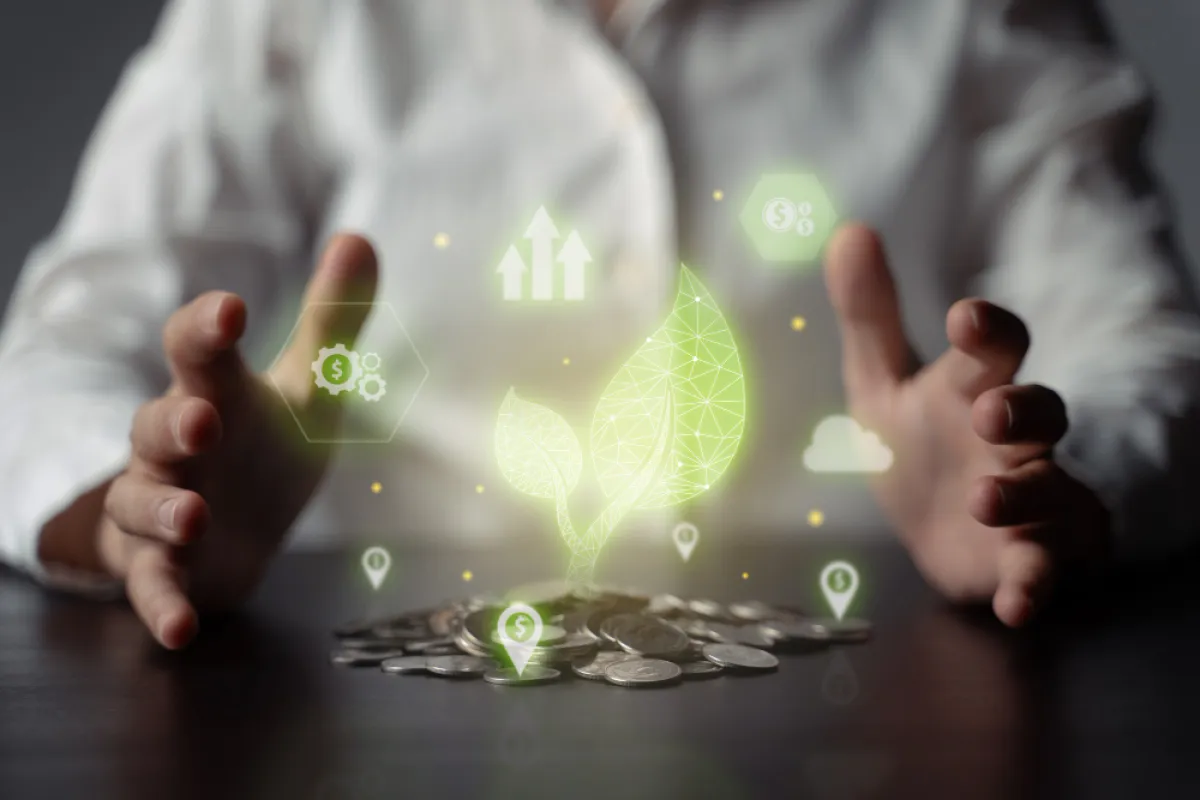
Thailand is among the world's top ten nations with the highest biodiversity. This vast biodiversity secures the nation's food stability and offers various opportunities to add economic value. However, human exploitation of these resources, coupled with frequent natural disasters, have posed significant threats to the sustainability of these biodiversity resources.
Some species are on the brink of extinction, causing an imbalance in ecosystems. This could lead to a loss of food security for Thailand and expose the country to severe disasters in the future. To confront these issues, the National Science and Technology Development Agency (NSTDA) has established the National Biobank of Thailand (NBT).
The NBT has been set up to support the long-term conservation of the nation's biodiversity and act as a reserve for the country, a long-term biobanking facility, to counter various crises that may lead to permanent loss of biodiversity. It also plays a crucial role in driving the economic model, which is a national agenda, including maintaining a balanced base of biodiversity resources and their diversity.
The NBT has developed relevant knowledge and utilized standard technology to elevate conservation efforts in Thailand to a higher level of effectiveness. This is to ensure the sustainable utilization of biodiversity data stored in various sectors.
Different types of biodiversity resources in Thailand face varying levels of extinction risk, given that some are local resources while others have migrated from other areas. Therefore, criteria have been set for collecting biodiversity samples, along with other data, for efficient conservation.
NBT is dedicated to the conservation of the country's biological resources through the collaborative efforts of researchers from three key banks:
The structure aims to promote the utilization of valuable biological resource data of the country in the preservation of different types of biological resources.
NBT researchers collect each type of biological resource by compiling multidimensional data, such as the essential characteristics of each resource type, the methods of collection, the risk of extinction, and genetic code data. This ensures systematic and accurate collection. A Specimen Management System (SMS) has been developed to supervise and efficiently check the quality of work, with the goal of allowing relevant institutions to use the system for easier management of resources.
These databases will be accessible to the general public for educational, research, and effective utilization of biological resources in conservation and value-added activities in various sectors, such as agriculture, food, and medical industries. It will also foster a network among resource owners, researchers, and both domestic and foreign organizations by developing a robust ecosystem for biological resource-related operations. Besides collaborating with government agencies, NBT has also partnered with several major Thai corporations in supporting research related to the medical, cosmetics, and alternative food industries. This aids in enhancing the potential of businesses to innovate and develop new industries, generate revenue for the organization for research and conservation of biological resources, in line with the government's policy of driving the Bio-Circular-Green (BCG) economic model.
Source: National Science and Technology Development Agency (NSTDA)
Tel. +66 2564 7000
For more information